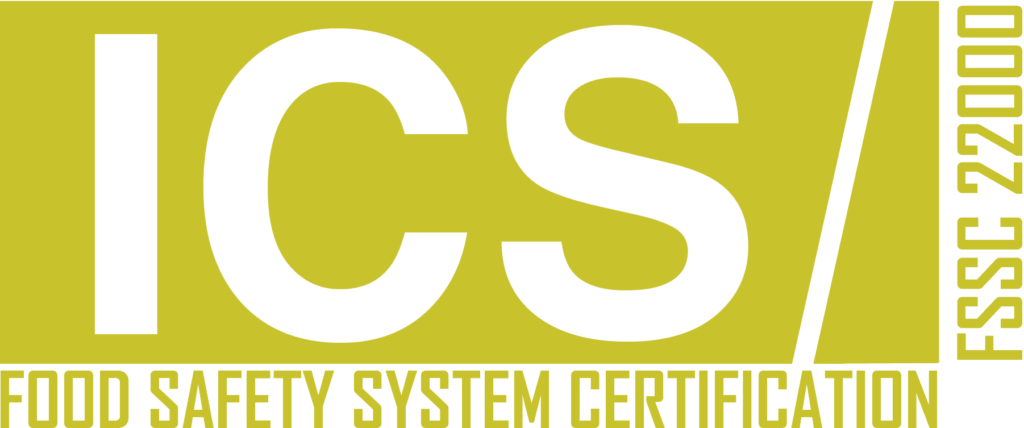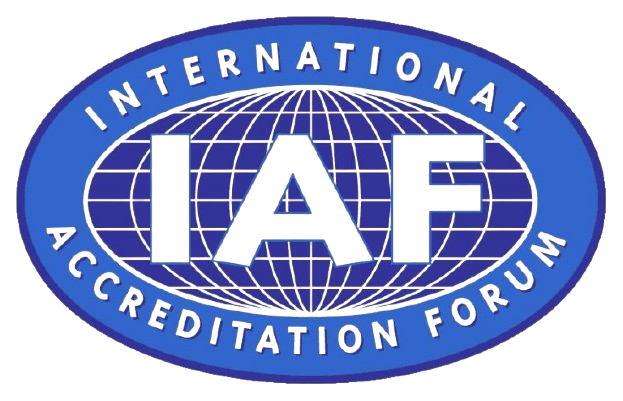

FSSC 22000 Certification serves as a mark of excellence for organizations committed to upholding the highest standards of food safety management. This certification provides a comprehensive framework that ensures the production of safe and high-quality food products. This article explores the key aspects of FSSC 22000, the certification process, and the benefits it offers to organizations in the food industry.
“Given below is the more detail about the FSSC 22000 standard and you might be interested learning more about it. Rest of the part you can avail the certification from ICS to get your organizational dream come true by contact us and clicking below button.”
FSSC 22000 stands for Food Safety System Certification 22000. It is a robust certification scheme based on the internationally recognized ISO 22000 standard for food safety management systems. FSSC 22000 Certification integrates ISO 22000 with additional requirements from the ISO/TS 22002-1 standard for prerequisite programs on food safety, providing a complete certification scheme for food manufacturers.
The FSSC 22000 standard encompasses several critical components essential for effective food safety management. These components include management commitment, food safety policy, hazard analysis and critical control points (HACCP), prerequisite programs, and continual improvement. Each component plays a vital role in ensuring the safety and quality of food products.
A strong commitment from top management is crucial for Certification. Top management must establish a clear food safety policy, set objectives, and allocate necessary resources. This commitment fosters a culture of food safety throughout the organization, ensuring that all employees understand their roles and responsibilities.
HACCP is a systematic approach to identifying, evaluating, and controlling food safety hazards. FSSC 22000 requires organizations to implement HACCP principles to ensure that food safety hazards are identified and controlled at each stage of the production process. This proactive approach minimizes the risk of contamination and ensures the production of safe food products.
Prerequisite programs (PRPs) are essential for maintaining a hygienic production environment and preventing contamination. FSSC 22000 Certification requires organizations to implement and maintain PRPs that address various aspects of food safety, including cleaning and sanitation, pest control, personal hygiene, and maintenance of facilities and equipment.
Achieving FSSC 22000 Certification involves a systematic approach to implementing and maintaining a food safety management system. The process begins with a thorough assessment of the organization’s current food safety practices and identifying areas for improvement. Following this assessment, organizations must develop a detailed action plan to address any gaps and ensure compliance with the standard.
Organizations must implement the necessary changes to align their practices with their guidelines. This includes updating documentation, training personnel, and ensuring that all facilities and equipment meet the required standards. Integration with existing quality management systems can help streamline the process and ensure a cohesive approach to food safety management.
Regular internal audits are essential for maintaining FSSC 22000 Certification. These audits help organizations assess their compliance with the standard and identify areas for continuous improvement. Regular reviews and updates to the food safety management system ensure that the organization remains compliant and adapts to any changes in regulations or industry best practices.
FSSC 22000 Certification offers numerous benefits to organizations in the food industry. Firstly, it enhances the organization’s reputation by demonstrating its commitment to food safety and compliance with international standards. This certification builds trust among customers, regulatory bodies, and other stakeholders, who can be confident that the organization prioritizes food safety.
Implementing FSSC 22000 helps organizations improve the safety and quality of their food products. The standard’s guidelines ensure that all aspects of food safety are carefully controlled and monitored, reducing the risk of contamination and defects. This leads to safer products and increased consumer satisfaction.
This Certification also helps organizations comply with regulatory requirements. Many countries mandate food safety standards, and FSSC 22000 provides a recognized framework for meeting these requirements. Compliance with the standard can help organizations avoid regulatory penalties and facilitate market access.
Achieving FSSC 22000 Certification can open up new market opportunities for organizations. Many retailers and distributors prefer to work with certified suppliers, as it assures them of the safety and quality of the products. Certification can also enhance the organization’s competitiveness, as it demonstrates a commitment to excellence and continuous improvement.
FSSC 22000 Certification is not a one-time achievement; it requires ongoing efforts to maintain and improve food safety management systems. Organizations must regularly review and update their practices to stay compliant with the standard and adapt to any changes in the industry. This commitment to continuous improvement ensures that the organization remains at the forefront of food safety.
Organizations must also stay informed about emerging trends and best practices in food safety management. This involves keeping up with new technologies, materials, and production techniques that can enhance food safety outcomes. By proactively addressing these trends, organizations can maintain their competitive edge and continue to meet the evolving needs of consumers.
Provides a comprehensive framework for food safety management systems. Achieving FSSC 22000 Certification demonstrates an organization’s commitment to enhancing food safety, improving product quality, and complying with international standards. By following the standard’s guidelines, organizations can improve food safety outcomes, ensure regulatory compliance, and access new market opportunities. Continuous improvement and future readiness are essential to maintaining the effectiveness of food safety management systems and staying ahead of industry trends. This Certification is a valuable asset for organizations striving to excel in food safety management.

For Quick Contact Leave Your Message We will Contact You Shortly Or Call Us At Given Numbers or Email Addresses. We Love to Deliver Our Efficient Services.
Copyright All Rights Reserved © 2025